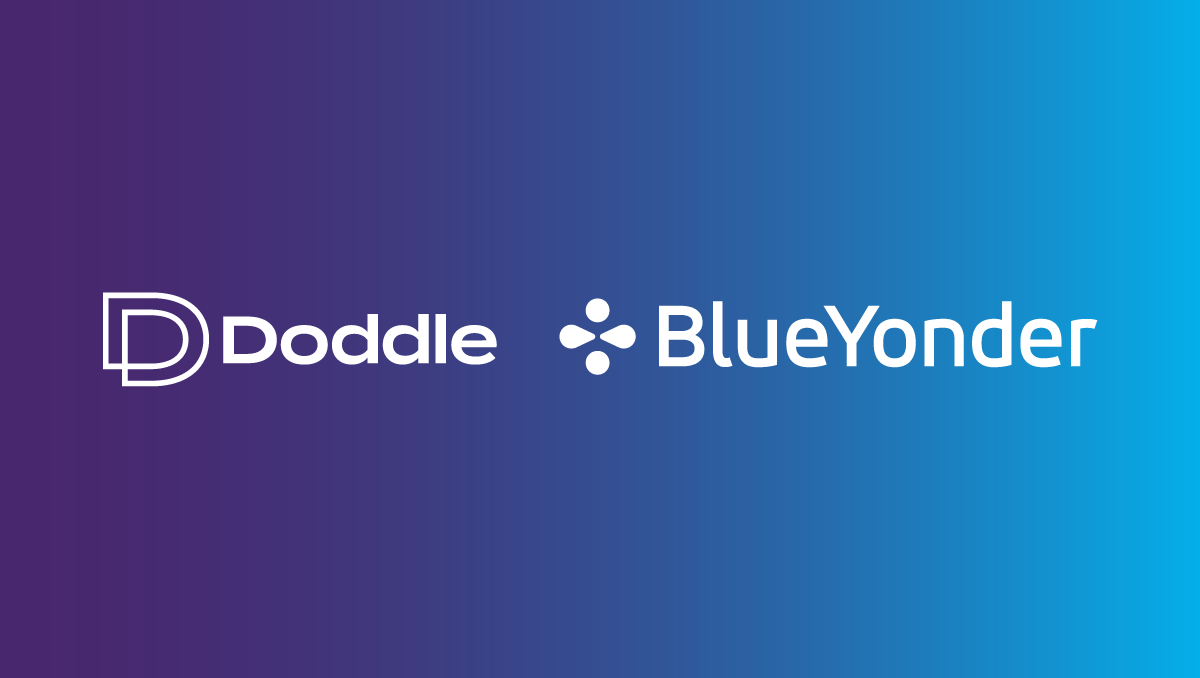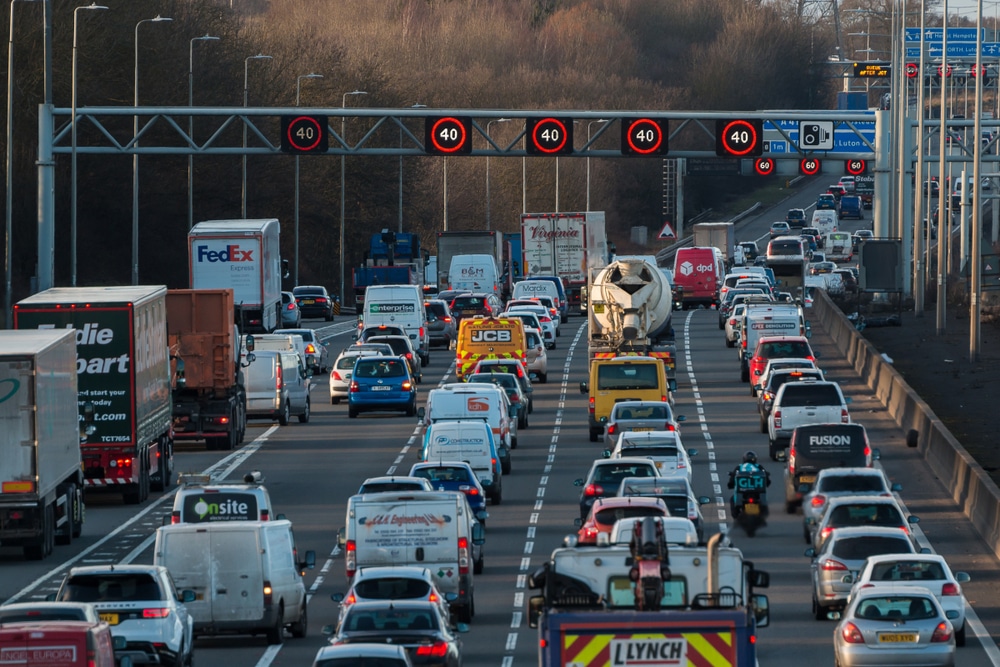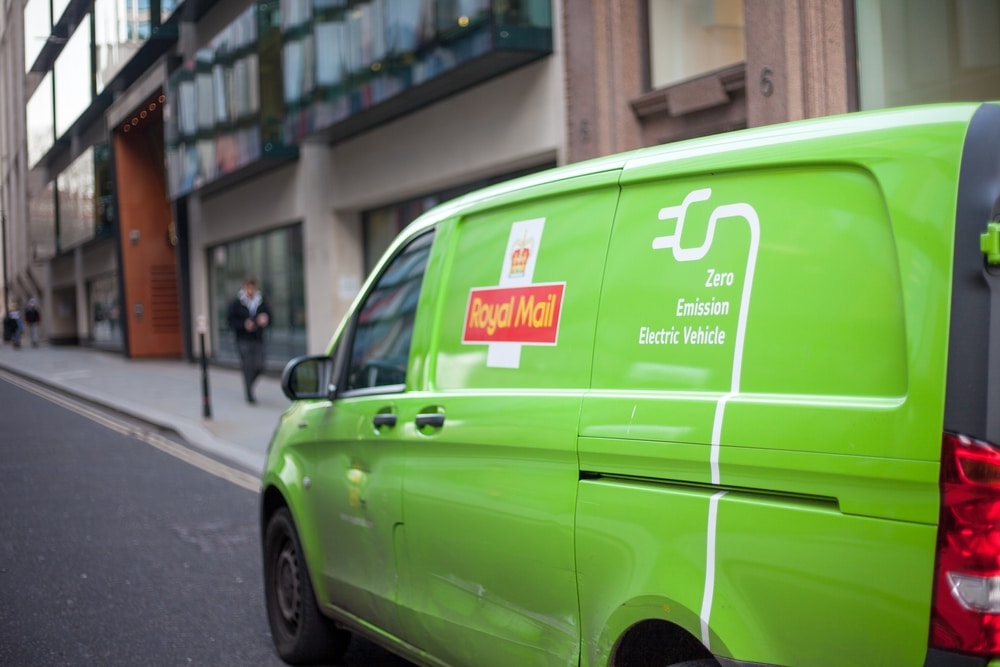Insight / Blog
Sustainable delivery will power loyalty for brave retailers

Retailers have an opportunity to increase brand loyalty and conversion by being smarter about promoting sustainable delivery choices.
Generating and maintaining brand loyalty is one of the biggest challenges for retail today. In a retail environment where shoppers have seemingly infinite choices, cutting through the noise and creating real emotional connections with customers is key to long-term loyalty.
The delivery options offered to customers are usually offered without comment – other than implicit pricing incentives. What if retailers used the advantages of click and collect or PUDO fulfilment to make a point about sustainability, and at the same time drive customers towards a more profitable delivery option?
Shoppers driving change
As consumers, we’ve largely been educated about climate change. Whether it was banning free plastic bags at supermarkets, using recyclable paper straws or reusable coffee cups, we’ve started to see changes happen en masse, towards a more sustainable lifestyle. Delivery is on the cusp of such a change.
Half of consumers surveyed in our YouGov research said they wanted to exclusively shop at retailers who offered sustainable delivery options in future. Yet home delivery remains the default on many retail checkouts.
The sustainability problem in the last mile
The real cost of last-mile deliveries is substantial. They cause increased congestion, worse air quality, greenhouse gas emissions and even traffic accidents where drivers are under pressure to get enough parcels delivered in a day.
In an economic sense, these harms are all costs. The function of pricing is to account for costs, but this is untenable in a market where free delivery is the norm. Even when retailers do charge for delivery, the price for delivery is worked out based on the costs for the business – not the costs to society. That gap, between the cost to society and the price paid by a consumer, is called a negative externality. It means we’re pushing the cost of our consumption onto everyone, rather than individually paying a price that accounts for it.
To be fair to retailers, it’s not like they enjoy picking up the tab for customers’ deliveries and returns. The system doesn’t really work for anyone except consumers, taken in isolation as people clicking ‘purchase’. Once they step out of their front doors, it’s letting them down too with the negative externalities it brings to our neighbourhoods.
What are the alternatives?
It’s all very well understanding the economic jargon, but what should retailers be doing about it? Realistically we’re not going to stop wanting fast ecommerce deliveries overnight, so it’s important to understand the possibilities and options that our current model offers.
Without making sweeping structural changes, retailers can still capitalise on increasing consumer awareness and concern around delivery. For example, look at the increasing demand for same-day delivery. Traditional to-door fulfilment is costly in this use case, but what if multichannel retailers offered same-day collections instead, using stock from their stores? This method eliminates huge amounts of emissions by removing hundreds of miles of unnecessary parcel transportation.
It’s not just great for cutting emissions – it cuts costs too. Target just reported in its quarterly earnings that same-day options drove 80% of its growth in online sales, and that when fulfilled by stores these orders cost just 10% as much as they would have done to get from a distribution centre to a customer’s door. The ability to track and control stock across a store estate is crucial to same-day collections, but it’s eminently possible thanks to purpose-built technology.
It’s not all about stores though. eCommerce pureplays can still reduce the impact of delivery by offering order collection and returns at pickup and dropoff (PUDO) locations. As carriers can deliver and collect returning parcels in bulk, these locations are far more efficient than home deliveries and massively cut down emissions.
Communicating effectively
Of course, if retailers are going to be more upfront about the different delivery options and their green credentials, the language and positioning of those options is going to be essential.
Turning shoppers away by shaming their decisions is obviously counterproductive, so the nudges should be much more carrot than stick. In some cases, it’s actually more about drawing attention and being a bit more willing to brag about initiatives that are already happening. Mike Richmond already mentioned ASOS in his piece, but it’s a great example of a retailer advertising their eco-conscience, via their electric van partnership with DPD. Sending a little reminder on the end of a delivery confirmation that it was delivered by an emissions-free van gives customers a positive buzz to end their transaction on.
For other retailers, they have numerous opportunities to advertise greener ways to shop with them. From homepage banners where currently they frequently place great emphasis on free delivery, to checkouts where home delivery is the pre-selected option, putting sustainability front and centre might offer a more attention-grabbing and emotive lead.
Advertising these greener options might shed light on something customers had not previously considered, and drive them towards options which are both greener, better for society and less costly to the retailer.
Topics:
Related articles
Convenient and sustainable: developing an out-of-home delivery strategy
Sustainability has become a key decision factor for retailers - here's how carriers can stay ahead with an out-of-home delivery strategy that’s both sustainable and convenient for consumers
Regulation is coming for European ecommerce logistics
European postal operators and carriers need a plan to deal with increasing last-mile regulation.
Royal Mail: ‘Environment is the next battleground’ – why carriers need to act on sustainability
Environmental progress isn’t a far-away ambition or personal target – it’s becoming a crucial requirement for securing clients.













